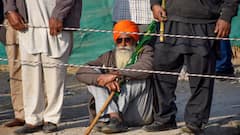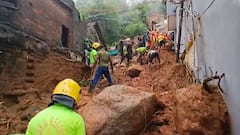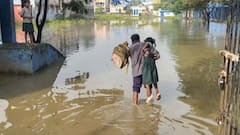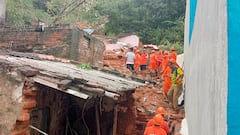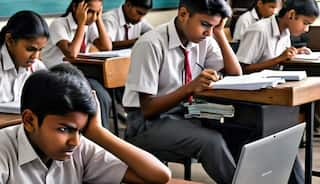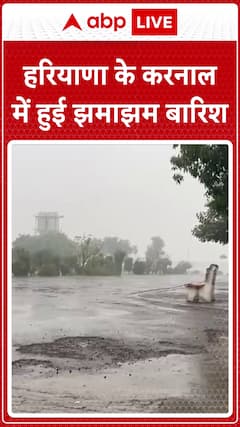Kerala Teen Infected With 'Brain-Eating Amoeba' Shows Improvement
In the fourth case of 'Brain-Eating Amoeba' infection, a teen in Kerala is showing signs of improvement. The previous three infections in the state resulted in fatalities.

In the fourth case of amoebic meningoencephalitis, a 14-year-old boy from Payyoli in Kozhikode, Kerala has been afflicted with the rare brain infection caused by amoebas that live in contaminated water. According to PTI sources, the teen was admitted to a private hospital.
Since May, three persons, , all children, have died due to the infection.
As per the PTI report, the child was admitted to the hospital on July 1. One of his doctors said that the patient is showing signs of improvement. On Saturday, the infection was detected in the teen and the treatment was immediately started. Medicines were brought from abroad for his treatment.
Earlier on Wednesday, a 12-year-old boy from Kozhikode died after he was infected with the free-living amoeba.
Two others — a five-year-old girl from Malappuram and a 13-year-old girl from Kannur — died on May 21 and June 25, respectively, due to the infection.
Kerala CM Pinarayi Vijayan Holds Review Meeting
On Friday, Kerala Chief Minister Pinarayi Vijayan held a meeting over the disease, in which several suggestions were given to prevent the infection, such as not to bathe in unclean waterbodies. As per a statement, it was also suggested that proper chlorination of swimming pools should be maintained, and children should be cautious when entering water bodies, as they are most affected by this disease.
The chief minister also said that everyone should take care to keep the water bodies clean.
When in swimming pools, nose clips were suggested, to prevent infection by the free-living amoeba.
Medical experts have said that the infection occurs when the free-living, non-parasitic amoebae bacteria enter the body through the nose from contaminated water. Amoebic meningoencephalitis is particularly caused by 'Naegleria fowleri' and "acanthamoeba" species. Symptoms usually start 1-9 days after exposure and include headache, fever, nausea, vomiting, stiff neck, seizures, altered mental status, and hallucinations.
The disease was previously reported in the coastal Alappuzha district in 2023 and 2017.
Trending News
Top Headlines


















